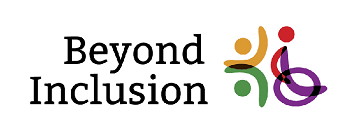28.7% of persons with disabilities in the EU are at risk of poverty and social exclusion compared to 19.2% among the general population. Their employment rate in the EU in 2017 was 50,6% compared to 75% for those persons without disabilities (European Disability Forum 2020). Several studies show that employment functions as a primary factor for disabled people in terms of social inclusion in general. Low employment rates of persons with disabilities indicate in turn an untapped potential and talent and a core area of intervention as stressed by the European Disability Rights Agenda 2020-2030 (EDF 2020).
The inclusion of persons with disabilities in the labour-market is promoted by national legislations through employment quotas, coupled with non-discrimination laws on the ground of disabilities, incentives for employers, as well as non-compliance measures. However, it is debatable whether quotas represent an effective or desirable policy approach, or in contrary, one more form of discrimination. (ILO, Gender, Equality and Diversity & ILOAIDS Branch, Promoting Employment Opportunities for People with Disabilities, 2019). The quotas system in general addresses almost entirely companies with more than 50 employees. Small and micro-enterprises (
BEYOND INCLUSION aims at
- Prompting and guiding SMEs to engulf diversity on the grounds of disability as valuable resource in the work environment, rather than ‘moral/ law obligation’
- Shifting social inclusion through employment for persons with disabilities from the scope of intervention to ‘remove barriers’, to one of ‘career success’ and professional development (by equipping persons with disabilities with the appropriate skills sets and attitudes for labour market inclusion and career development)
- Fighting social exclusion by promoting employment opportunities in SMEs for persons with disabilities on the ground of factors such as personal growth and self-realisation, rather than appropriateness to disability and policy measures/legislation.
We will keep you updated in our blog about this fascinating project.




